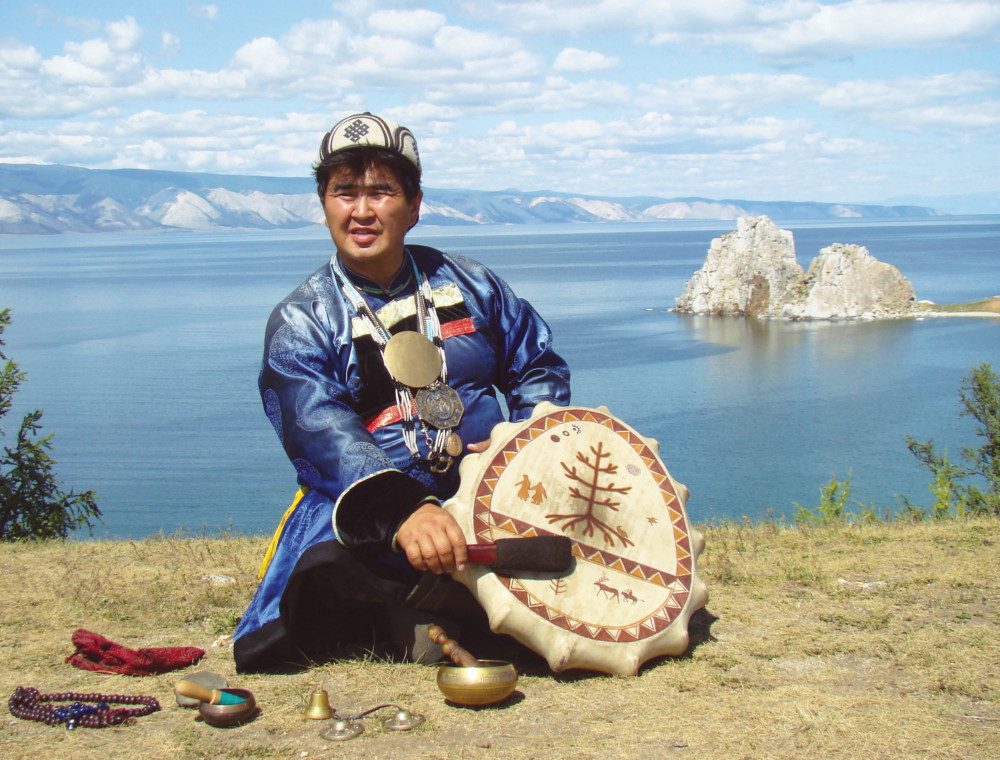Ask of me, and I will make the nations your heritage, and the ends of the earth your possession.
Psalm 2:8
The corner of Siberia called Buryatia boasts towering forested mountains, rushing streams, vast plains, and placid Lake Baikal, but the stunning beauty of the Buryat homeland contrasts with the fierceness of Buryat history. Buryats are descendants of Siberian aboriginal peoples and 13th century Mongolian conquerors. During the Russian Czarist era, many Buryats were oppressed and forced into the Russian Orthodox Church – representing a counter-culture to much of the Buryat aboriginal worldview.
At least two spiritually significant results have come from invasions and foreign rule: (1) the syncretism of aboriginal culture with religious beliefs and traditions from invading peoples, and (2) misconceptions, anger and suspicion formed among the Buryats about Christianity that has led some to hold that a Buryat cannot be a Christian and a Christian cannot be a Buryat.
Today, as Siberia’s largest aboriginal group (500,000+), Buryat cultural and religious diversity reflects a blend of heritages from Mongolia, Russia, Tibet and China. Some Buryats live in China and Mongolia but the majority dwell near the Russia-Mongolia border. Almost half of Buryats follow Tibetan Buddhism, often mixed with shamanism. About one in ten practice a purer form of shamanism. Over a quarter of Buryats are non-religious due to the secularizing influence of Russian Communism. About 13% consider themselves Russian Orthodox, though their beliefs are often syncretistic. Only 1% of Buryats are Evangelical Christians.
For his Holy Spirit speaks to us deep in our hearts and tells us that we really are God’s children. And since we are his children, we will share his treasures – for all God gives to his Son Jesus is now ours too.
Romans 8:16,17a (TLB)
Pray for the Buryat
- Because of Jesus, we can pray asking God for all the nations, including the Buryat – that this people will become his people.
- Ask the Father to create spiritual hunger among Buryats who are trusting in Buddhism, shamanism, atheism or other religious traditions. May they be transformed by faith in the Living God and may a church-planting movement result.
- Pray for the work of media ministries and Buryat-speaking churches. May they find culturally appropriate ways of expressing the Good News, worshiping and extending God’s kingdom among Buryats.
- Pray that translators would have success in providing a modern Buryat Bible. May hearts be open and ready to receive Good News.
- Ask the Lord of the Harvest to send forth more workers to witness in a way that speaks to Buryat culture and history.
